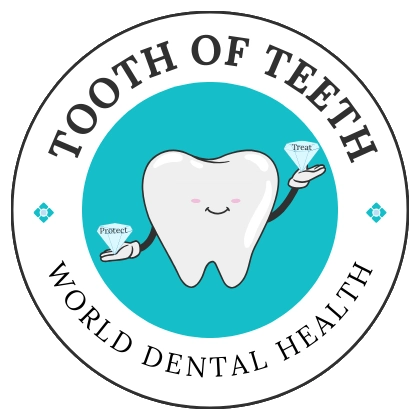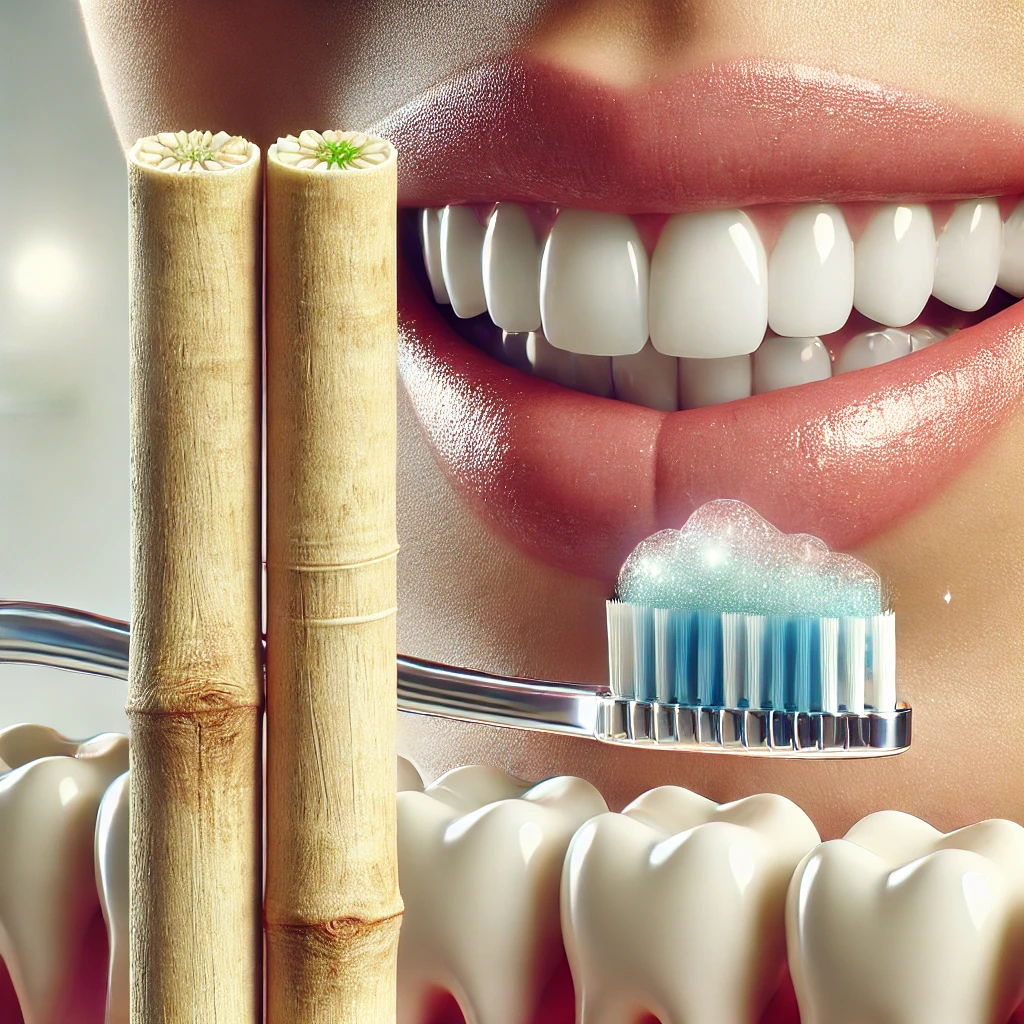Introduction
The miswak, derived from the roots or branches of the Salvadora persica tree (Arak tree), is one of humanity’s oldest tools for oral hygiene. Used for thousands of years across civilizations like the Egyptians, Greeks, and Romans, it holds a special place in Islamic tradition. Prophet Muhammad ﷺ encouraged its use for oral care, especially before prayer, making it a well-respected practice in Muslim communities today.
Key Benefits of Miswak
Miswak’s natural bristles are effective for removing food particles and plaque. Studies indicate it can match modern toothbrushes in cleaning efficacy. Beyond cleaning, miswak provides several oral health benefits:
- Gum Health: The miswak contains anti-inflammatory compounds that help prevent gum diseases like gingivitis and improve blood flow in gum tissues.
- Saliva Production: Chewing miswak stimulates saliva, which aids in cleansing the mouth and maintaining pH balance, reducing decay.
- Bacterial Control: Natural compounds like flavonoids and alkaloids in miswak fight bacteria responsible for tooth decay and gum disease.
- Fresh Breath: Its antiseptic properties reduce bad breath-causing bacteria, resulting in fresher breath.
Composition of Miswak
Miswak contains numerous beneficial compounds:
- Fluoride: Strengthens enamel and fights decay.
- Tannic Acid: Reduces bleeding and improves gum health.
- Vitamin C: Strengthens gums and promotes overall oral health.
- Sulfur: Aids in reducing bad breath.
Historical and Modern Use
- Historically, miswak was widely used in ancient civilizations for oral hygiene. In Islamic tradition, it became a recommended practice, especially before prayers and other occasions. Although modern oral care has introduced toothbrushes and toothpaste, miswak remains popular in Islamic communities and regions where the Arak tree grows naturally.
- Today, many studies support miswak’s effectiveness, finding it as beneficial as toothbrushes for removing bacteria and plaque, enhancing its value in modern oral care.
Miswak vs. Modern Toothbrushes
- Natural vs. Synthetic: Miswak is a 100% natural product, while toothbrushes are often synthetic. Miswak’s antibacterial properties contribute to its overall effectiveness.
- Environmental Impact: Miswak is eco-friendly and biodegradable, unlike plastic toothbrushes that contribute to pollution.
- Cost: Miswak is inexpensive and accessible in areas where Arak trees grow, while modern toothbrushes can be costly.
- Cleaning Efficiency: Miswak can be as effective as toothbrushes for plaque removal, though toothbrushes may be better for reaching deep gaps between teeth.

Usage Tips
To maximize miswak’s benefits:
1-Select high-quality miswak’s from trusted sources.
2-Trim the tip to expose fine fibers, which serve as bristles.
3-Use circular or vertical motions along the teeth and gums.
4-Store it in a clean place, covering the tip after use.
5-Use several times daily, especially after meals.
Future Trends
With rising environmental awareness, miswak’s may see broader adoption as an eco-friendly product. Some companies have already introduced miswak’s -based products, suggesting a potential revival of natural tools in oral care. Further research into its active compounds may enhance miswak’s application in both traditional and modern oral hygiene practices.
Conclusion
The miswak’s natural ingredients and antibacterial properties make it an effective alternative or complement to toothbrushes. Given its eco-friendliness and affordability, miswak’s is likely to gain attention as an essential oral care tool, blending ancient tradition with modern health benefits.









